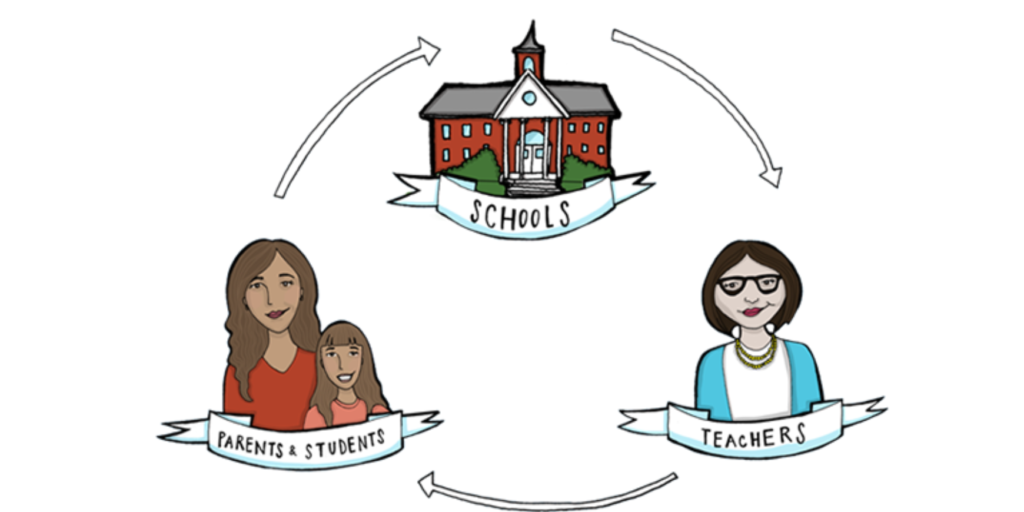Everyone believes they are the best at what they do when it comes to teaching, according to a frequent saying among teachers. It used to be that parents would enroll their kids in school and then leave it up to the teachers, but lately, we’ve witnessed a steady rise in the number of parents who are actively participating in their kids’ education.
Parents now have a better understanding of what their children were learning in school and the kind of care that each of them needs as a result of the COVID school lockdowns. Parents could observe their children’s areas of insecurity, avoidance strategies, and potential learning difficulties because they were supervising their schooling and, in some cases, even providing direct teaching.
As a result, there is now a clearer understanding of the difficulties teachers have in meeting the needs of every student in the class. Still, there has also been a louder demand from parents for more diverse learning interventions. Teachers have long claimed that they are preparing their students for occupations and careers that have not yet been created, and the reality of this claim is beginning to emerge. Given the amount of uncertainty that has been present over the last several years, it is not unexpected that parents are more anxious than ever about how to best prepare their children for the future. When parents are worried, they have the propensity to want to take charge.
Contrary to what you may anticipate, the attentive parent of today is less like the classic “tiger parent” of popular culture. Parents may have high expectations for their kids, but these expectations usually have more to do with helping their kids acquire the skills they’ll need to grow and thrive than with helping them perform better than other kids. They want their kids to learn how to learn, to grow in their ability for metacognition, and to be lifelong learners. Because having an education that instills adaptability and lifelong learning is the best approach to getting ready for an uncertain future, as the world is always teaching us.
Kids whose parents are involved in their education get better grades and have higher test scores. And the more parents are involved, the more their children seem to benefit. A study of parents highly involved in the educational process showed that their children were more likely to improve in reading and math.
Kids develop better social skills and show improved behavior when their parents are involved in school. Studies have also shown that kids are less likely to skip school, be less disruptive in class, and be more likely to do their homework when their parents are involved. One study showed that when dads are highly involved in school, their children enjoy school more and are less likely to be suspended, expelled, or required to repeat a grade.
Research shows that parent involvement can help improve the quality of schools, raise teacher morale, and improve a school’s reputation in the community. Involved parents gain the respect of teachers; as a result, teachers have higher expectations of their children. Involvement pays off in the long term, too: Children stay in school longer and are more likely to continue their education after high school.
When students feel supported at home and school, they develop more positive attitudes about school, have more self-confidence, and place a higher priority on academic achievement. Children of involved parents are more likely to feel that they’re accepted, included, and respected at school.
When parents become involved in their children’s education, they become more comfortable in the school building, gain confidence in their parenting skills, and feel more capable of helping their children learn. They’re also more likely to continue their own education.

